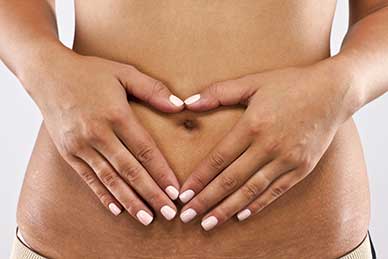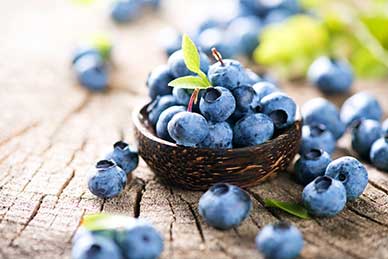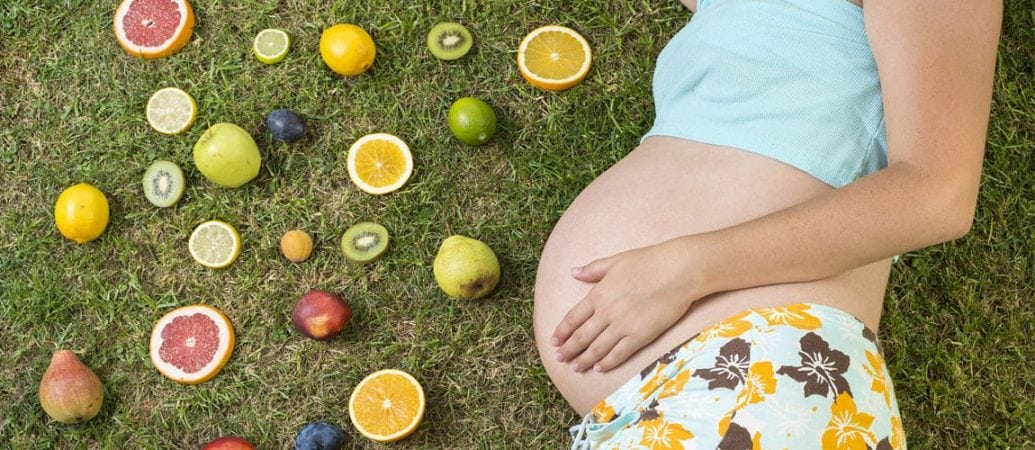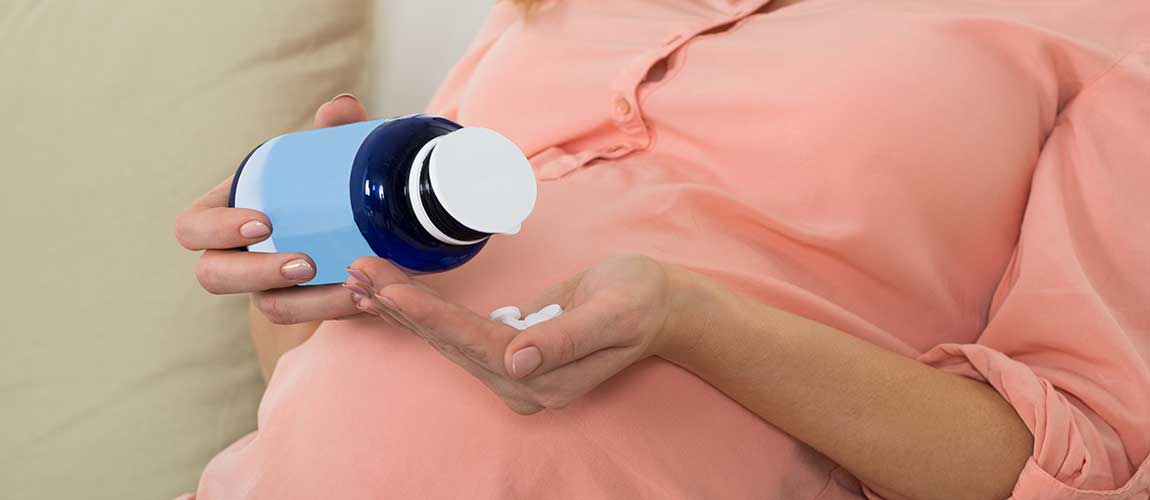Got baby fever? New research on resveratrol and fertility suggests that this readily available supplement may help those who are trying to conceive, or who plan to try to conceive in the future.
Around one in eight couples struggle with infertility, whether it be trouble conceiving or difficulty staying pregnant. Infertility can be one of the most devastating conditions, as it prevents people from participating in one of the most natural activities in human life: Starting a family. Numbers appear to be growing, which is why infertility has become a multi-million dollar industry in the United States. However, recent studies on resveratrol and fertility suggest that an affordable and safe supplement made from a compound found in grape skins and certain other fruits may be able to help many people who are struggling to become parents.
What is Resveratrol?
You may have heard about the health benefits of red wine. Many of these benefits are caused by the high levels of a compound known as resveratrol found in different varieties of wine. Resveratrol is present in red wine, red grape skins and other berries such as mulberries. It has been shown to have a variety of health benefits including protecting against atherosclerosis and promoting cellular health. It also has been found to support healthy cellular inflammatory processes and support healthy balance of female hormones, which may be why it has recently been found to have benefits for fertility. Millions of people have adopted the wine and fruit rich Mediterranean diet as a way of achieving good health and good fertility. What if resveratrol is the answer for many people?
Resveratrol and Fertility
 According to several recent studies, taking resveratrol may make it easier for couples to conceive a child. Women are born with all of their eggs present in ovaries and waiting for more fertile times. As women age, their eggs also age and decrease in general quality. Even if older couples try in-vitro fertilization and other reproductive technologies, low-quality eggs can be a major barrier to conceiving and bearing a healthy child. However, there is hope. Mice that were given resveratrol throughout their fertile years had higher quality eggs even into middle age. Researchers believe that this may be due to anti-inflammatory effects of this grape compound, which prevents some of the aging that makes eggs less viable as a woman ages.
According to several recent studies, taking resveratrol may make it easier for couples to conceive a child. Women are born with all of their eggs present in ovaries and waiting for more fertile times. As women age, their eggs also age and decrease in general quality. Even if older couples try in-vitro fertilization and other reproductive technologies, low-quality eggs can be a major barrier to conceiving and bearing a healthy child. However, there is hope. Mice that were given resveratrol throughout their fertile years had higher quality eggs even into middle age. Researchers believe that this may be due to anti-inflammatory effects of this grape compound, which prevents some of the aging that makes eggs less viable as a woman ages.
This is not the only way that resveratrol can affect fertility. Women with endometriosis often have trouble conceiving because endometriosis creates an environment that is less hospitable to the developing egg. According to recent studies on resveratrol and fertility, this grape extract may reduce endometriosis enough to let healthy follicles mature and be released in a healthy manner. Because up to half of women who require reproductive technology have endometriosis, this could have huge repercussions for people who are trying to conceive. There may be a simple, natural way for many couples who struggle to conceive to become parents once and for all time.
How Can Resveratrol Help Support Healthy Fertility?
As mentioned before, resveratrol’s effects on inflammation as well as its balancing effects on female hormones appear to be the reason that it has been shown to help many couples conceive. While most people tend to think of conception as a simple process, it actually requires the coordination of at least four different hormones released by both the ovaries and the pituitary gland of the brain. In addition, conception requires that the woman have a uterus that is hospitable to both receiving and hosting a pregnancy, which means that antioxidant and anti-aging effects can make a powerful difference.
Getting More Resveratrol in Your Diet
 Red wine has long been touted as one way to get resveratrol. However, there is some controversy as to whether the amounts of resveratrol in red wine are sufficient; also, this may not be a solution for women who are trying to conceive and are thus avoiding alcohol. If you are interested in trying this supplement because of the link between resveratrol and fertility, there are other ways to get your daily allowance. Berries such as blueberries and mulberries are both good sources of this compound. In addition, it is present in large amounts in the skins of red grapes, so eating this fruit may help.
Red wine has long been touted as one way to get resveratrol. However, there is some controversy as to whether the amounts of resveratrol in red wine are sufficient; also, this may not be a solution for women who are trying to conceive and are thus avoiding alcohol. If you are interested in trying this supplement because of the link between resveratrol and fertility, there are other ways to get your daily allowance. Berries such as blueberries and mulberries are both good sources of this compound. In addition, it is present in large amounts in the skins of red grapes, so eating this fruit may help.
However, levels of resveratrol in these fruits can vary, so many people opt to take a supplement that contains adequate amounts of resveratrol instead. This ensures that you always get enough of this compound to reap the health benefits, without having to munch on blueberries and red grape skins all day.
If you or a loved one are trying to conceive, it is important to ask your doctor about whether resveratrol is right for you. This supplement appears to have a variety of positive health effects and no side effects, making it a win-win situation for people who are determined to begin building a family. While modern medicine has few answers for people who struggle to carry a child, studies on the link between resveratrol and fertility suggest that natural solutions may offer new hope.



Leave a Reply